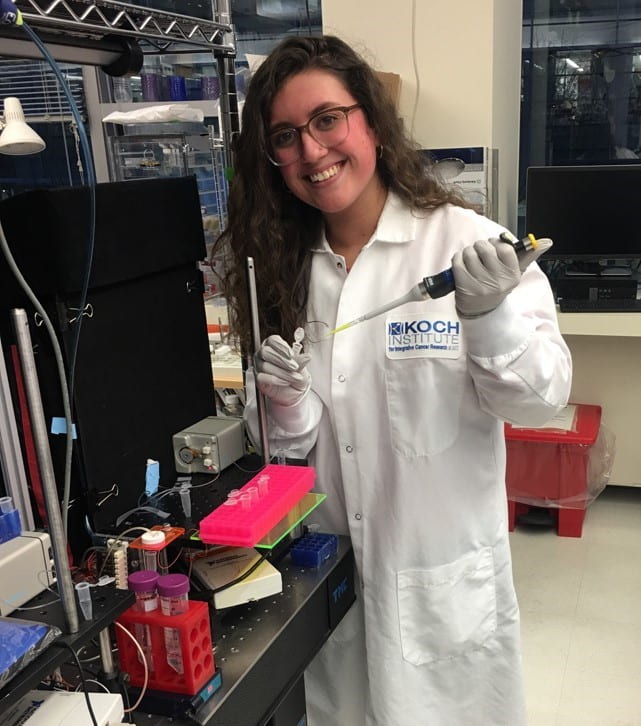By: Caitlin Brison
How to WORK the Career Fair – An approach for everyone, whether you are low-key or EXTRA!
| Low Key Approach | EXTRA Approach | |
| RESEARCH | • Find the list of employers attending on the “Jobs and Careers” App and research the ones of interest.
• See if they have positions posted so you can research more about the companies ahead of the fair. |
• Create a spreadsheet, categorizing employers into A, B, and C lists.
• Write down a few questions you might ask them at the fair. Refer to these questions before each conversation. |
| RESUME | • Write, review, and edit your resume.
• Come to Drop-Ins to make sure it is ready for the Career Fair. • Print out 10-20 copies and tuck them in a folder to hand out to employers. |
• Make an appointment with your Co-op + Career Advisor to go over your Resume.
• Print 10-20 copies and carry them in a professional padfolio. • Make your own business cards. |
| PLAN | • The plan is to go, shake hands, meet employers, ask good questions, and hand out resumes. Go with it!
|
• Locate the employer booths on the Fairs App ahead of time and map out your route.
• Maybe talk to a couple employers on your C list to start before moving on to your first choices! |
| DRESS | • Gather your professional attire.
• Visit WITwear to borrow any items you may need!
|
• Iron, steam, fresh haircut! Look your best.
• Also…visit WITwear to borrow any items you need. |
| PITCH | • Build a 30 second pitch and practice it in the mirror so you come across relaxed and professional.
• Practice a firm handshake.
|
• Record yourself and critique yourself. Be mindful of eye contact, fidgets, and filler (“um, like”).
• Pitch with a friend and practice your handshakes. |
| THANK YOU | • Shake employers’ hand and thank them for their time answering your questions and speaking to you.
|
• Collect business cards so you can write thank you notes the next day. • If they requested your application electronically – email them to let them know you applied.
|
Check out ALL our helpful guides on resumes, networking, pitches, and more on our website: https://coopsandcareers.wit.edu/resources/
Download the WITworks, “Symplicity Jobs and Careers App”:
Apple App Store: https://itunes.apple.com/us/app/symplicity-jobs-and-careers/id1239828027?mt=8
Google Play Store: https://play.google.com/store/apps/details?id=com.symplicity.csmandroid&hl=en_US

Limited time only: CO-OP + CAREER Fair All Day Resume Drop-Ins: Fri 9/27 & Mon 9/30 in the Library and CO-OPS + CAREERS Office, 10am-4pm.
Make an appointment with your CO-OP + CAREER Advisor: call the front desk at (617) 989 4101 or stop by our office, Wentworth Hall first floor across from Admissions.
Fall 2019 WITwear Hours: M-Th 4-8pm & F 10am-Noon
Extended WITwear Hours: Mon & Tues 9/30-10/1 12-8pm Wed 10/2 10am-4pm



